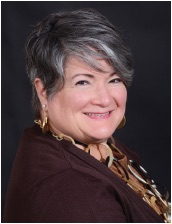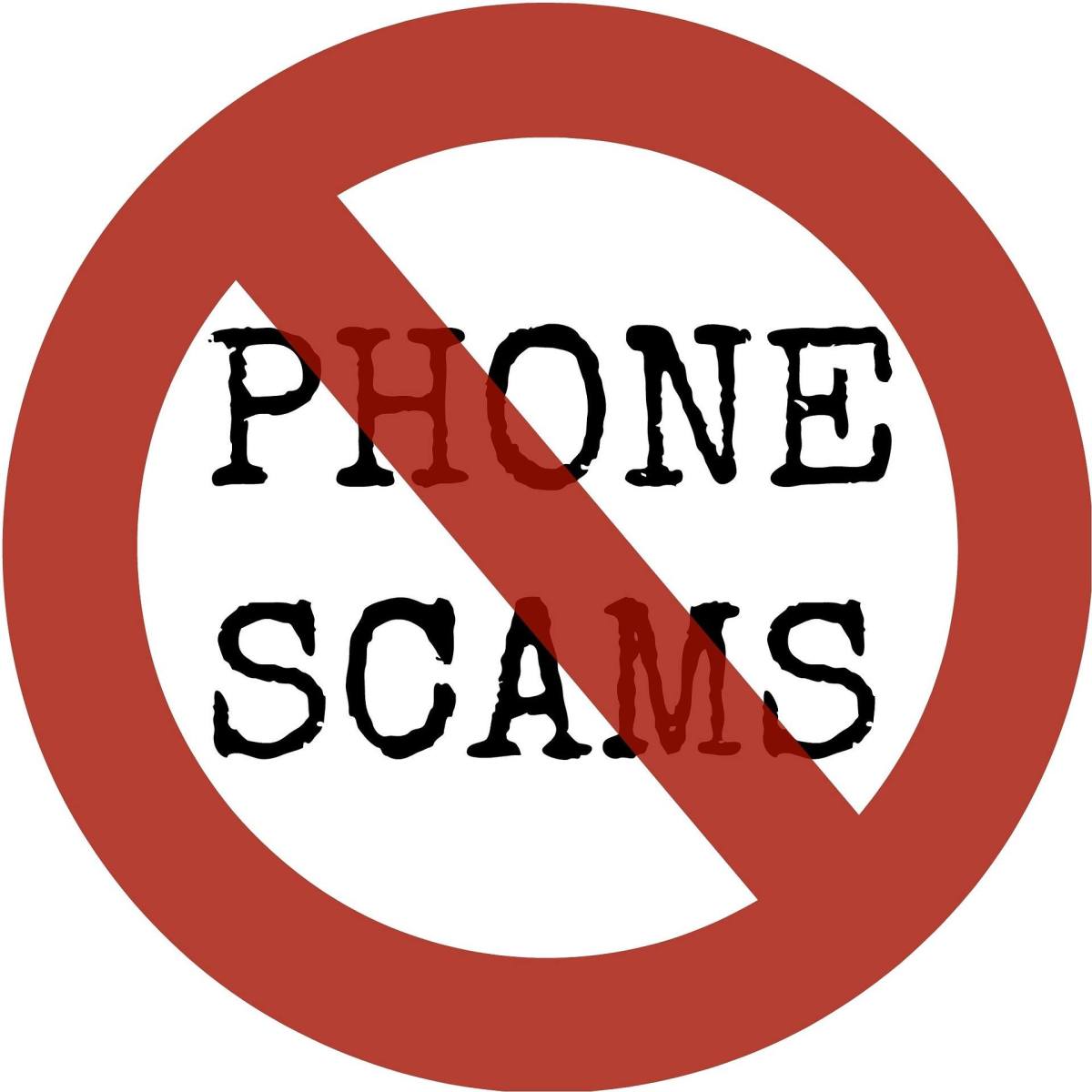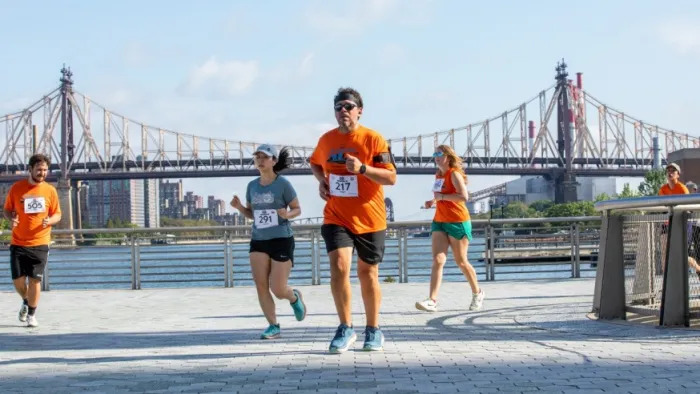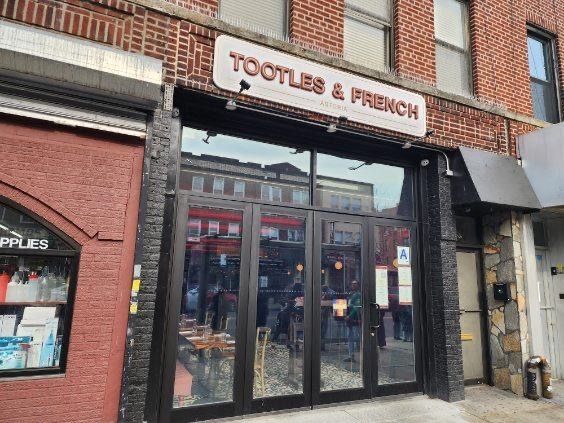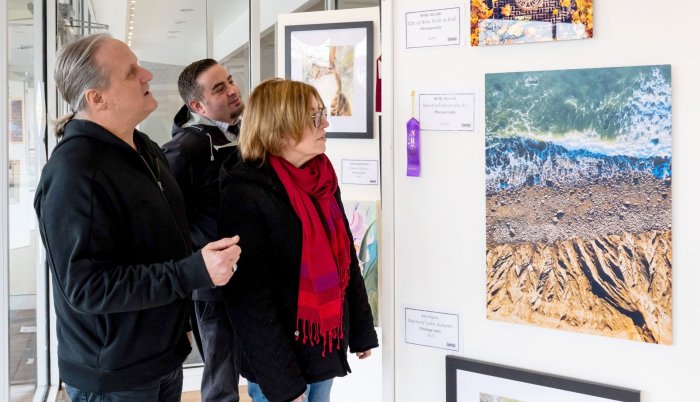By NYC Department for the Aging Commissioner Lorraine Cortés-Vázquez
Happy New Year to all! I am grateful for many things, one of them of course is that this past year is behind us. I feel hopeful because 2021 is filled with promise. And we’re beginning the year right – the COVID-19 vaccine is here.
We went through so much last year. Living in isolation, away from friends and family. I, and as I’m sure, many older adults across the City felt a sigh of relief to know that a vaccine is now available for us.
Since January 11th, older New Yorkers 65+ have been eligible for the vaccine. The vaccine is safe and free. By calling 1-877-VAX4NYC or visiting nyc.gov/vaccinefinder, you can schedule an appointment. I would like to reiterate that the COVID-19 vaccine is free. And I am stressing this as scammers are using the COVID-19 vaccine availability to defraud New Yorkers.
SPECIAL NOTE: You may receive a legitimate robocall from Dr. Dave A. Chokshi, commissioner of the New York City Department of Health and Mental Hygiene, alerting you about vaccine availability and that you can schedule an appointment over the phone.
But what scammers are doing is different. They are calling and promising older New Yorkers a spot on the “vaccine reservation list” in exchange for a deposit, bank account or credit card information, or personal information like their social security number. This is simply not true.
There has been a surge in fraud cases since the pandemic began. Scammers are professional manipulators who live for opportunities like this. These criminals buy subscriber lists of people that will make good targets, such as older adults. They know most of us are at home and that many of us are lonely given as we have not seen many friends and family since COVID-19 began.
One scam in particular is known as the “grandparent scam.” In this scam, callers posing as panicked grandchildren in trouble call or send messages urging you to wire money immediately. In 2020, the Federal Trade Commission received 24,545 complaints of individuals impersonating family members and friends, a 21% increase from 2019. New Yorkers alone filed 1,359 complaints in 2020.
But there are steps you can take to avoid becoming a victim of a scam. Here are some general tips to remember:
- DO NOT give your personal or financial information in response to a request that you did not expect.
- Resist the pressure to act immediately.
- Shred documents that contain personal identity information. Criminals known as “dumpster divers” see trash as gold mines and use this information to commit fraud.
The FBI has also issued tips to safeguard yourself from COVID-19 scams:
- You cannot pay to put your name on a list to get the vaccine, or get early access to it.
- No one is authorized to call you about the vaccine and ask for your Social Security, bank account or credit card number
- If you get a call, text, email – or even someone knocking on your door – claiming they can get you early access to the vaccine, STOP. That’s a scam.
- Beware of providers offering other products, treatments, or medicines to prevent the virus.
- Check with your health care provider before paying for or receiving any COVID-19-related treatment.
If you suspect you are a victim of a scam, contact the Federal Trade Commission at ReportFraud.ftc.gov, or call 311 and ask for the Department for the Aging’s Elderly Crime Victims Resource Center.
The Department for the Aging has been at the forefront of helping older victims of crimes since 1981. We are in close communication with the New York City Police Department about complaints of fraudulent activity, hold webinars with the District Attorney’s office and the Consumer Affairs Department, as well as conduct public education campaigns with advocates and our network of service providers. We are here for older New Yorkers.
I also want to take the opportunity to let everyone know that in the coming year, we plan to continue advocating and work with partners to ensure that older New Yorkers have the support system they need to age in place. Community care support and services, such as those provided through the Department for the Aging’s network, has been shown in numerous studies to keep people healthy longer and to help them avoid institutional care. We will speak more about community care and our ongoing work to ensure that older New Yorkers receive it in next month’s column.
We are happy to begin 2021 right, with new beginnings and having the vaccine available to older New Yorkers over 65.
